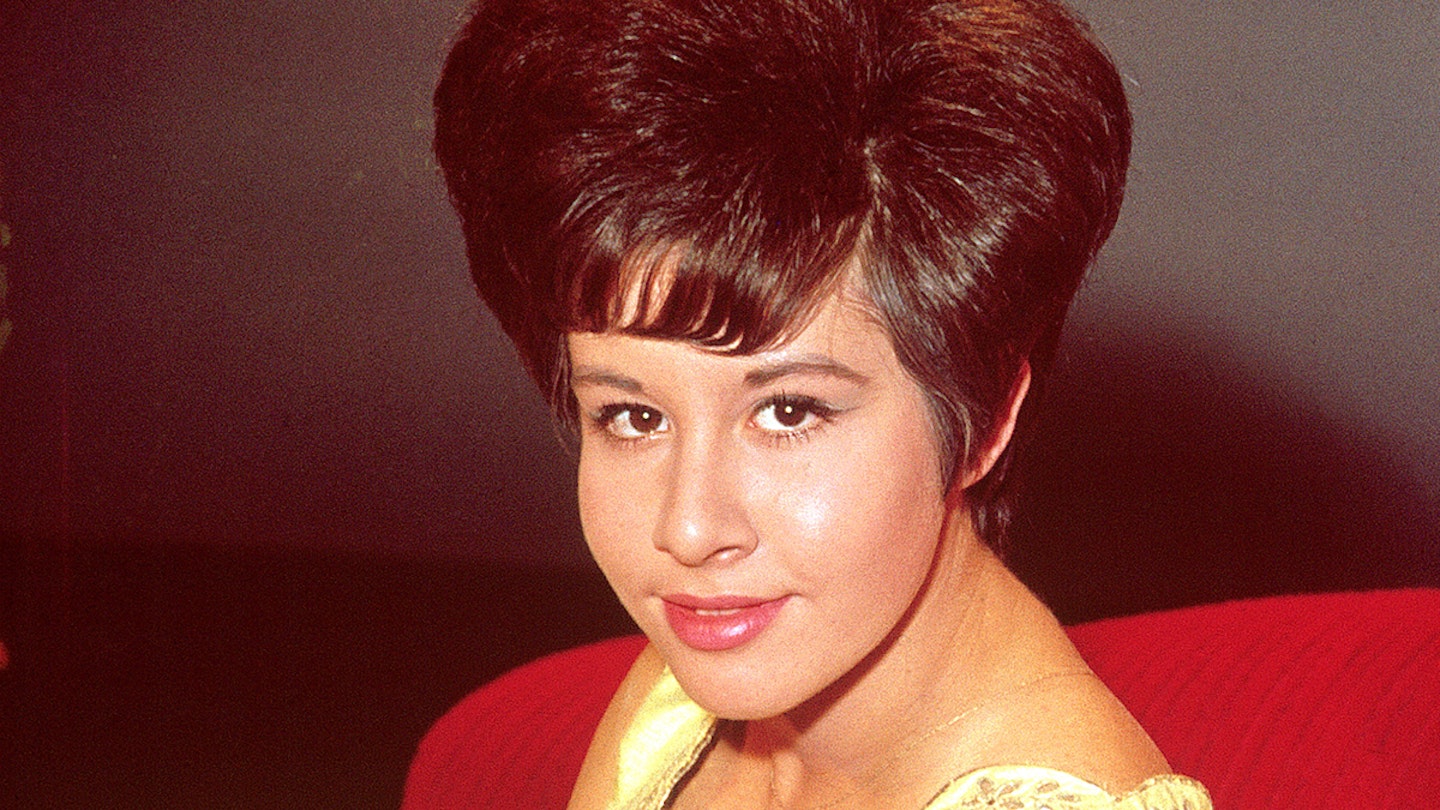23 June 1961
“IT WAS HARDLY A BAND – just myself and two school friends,” remembers Helen Shapiro, one of Britain’s greatest pop and jazz singers. “Nobody could play anything, except that I had a four-string plastic guitar, which I’d tune like a ukulele, and I played that. We were all about 10 years old and my friend Steven brought a mate along – a chubby kid called Marc Feld who said, ‘Can I join your group?’ – and we were a bit reluctant because he was only nine. But he seemed to have something – and he certainly had a big quiff, which he claimed he could comb down over his face. He joined us, and we used to do Elvis songs.”
Thus did Shapiro’s first excursion involve the very young Marc Bolan. Four years later, on June 23, 1961, EMI released her second single for the Columbia label. Titled You Don’t Know, it would provide her with her first UK Number 1.
"I was never a showbiz person."
helan shapiro
Earlier, following a demo of Birth Of The Blues, influenced by Sammy Davis Jr’s version, Helen had been discovered by assistant A&R man John Schroeder, who played the demo to his EMI boss Norrie Paramor. Not knowing the identity of the singer and deceived by her deep and powerful voice, Paramor declared, “He’s good, isn’t he?”
Her first single, Don’t Treat Me Like A Child, penned by John Schroeder and Mike Hawker proved a hit.
“We did that at Abbey Road’s Studio One, which was enormous and where they did all the film music with Philharmonic Orchestras. I remember going into the studio and seeing all those great musicians – most of whom were with the Ted Heath Band. A wonderful, wonderful experience.”
You Don’t Know, another Schroeder & Hawker song, this time about the pain of unrequited love, was recorded at her next session. Jack Good, the Oh Boy producer who used to write for Disc, penned a piece saying what a mistake it was for her to record a ballad, says Helen. “But he was very gracious afterwards and admitted he’d made a mistake.”
The offers were soon pouring in. On June 26 she and Cliff Richard starred in an hour-long Radio Luxembourg spectacular. At school she received a different kind of attention. “I got told off by the teachers more than before,” she complained at the time, “but I’ll be 15 in September and I’m going to leave school at Christmas. Right now my school work doesn’t allow me enough time for TV rehearsals.”
50,000 Copies In One Day
Meanwhile, You Don’t Know was proving a monster, selling 50,000 copies on one day alone and prompting Schroeder to dub it, “the best song I ever wrote”. His next song for the Shapiro hit machine, Walking Back To Happiness, would provide her second chart-topper and confirm her status as a major singing star, one who sported an iconic bouffant hair-do.
Oddly, the beat boom, headed by The Beatles and The Rolling Stones heralded the end of Shapiro’s golden era. Odd, because she could actually handle the material of the day. The Beatles even wrote Misery for her.
“Norrie Paramor turned it down on my behalf,” says Helen. “I have to say that it probably wasn’t their best song, but I would have had the first Beatles song to have been recorded by another artist.”
However, Helen did record some fine covers of Motown material such as My Guy and Shop Around. “I loved Motown from early on. We used to play it on the coach when we were touring together, The Beatles, Kenny Lynch and myself. Motown was a branch of jazz as far as I was concerned. I love American black music.”
In the late ’70s Shapiro turned to the theatre appearing in numerous musicals to general acclaim, later returning to her first love – jazz.
“Humphrey Lyttelton invited me to do this big Duke Ellington tribute concert he was doing at the Queen Elizabeth Hall… and it was 17 years that we worked together. Eventually, though, I came out of the business in 2002 to concentrate on my gospel evenings. I’ve been very blessed really. My career in the secular world was 42 years long and I did a bit of film, I did TV, I did jazz, stage musicals, plays, so many things. I just got it out of my system.
I was never a show-biz person anyway.”
